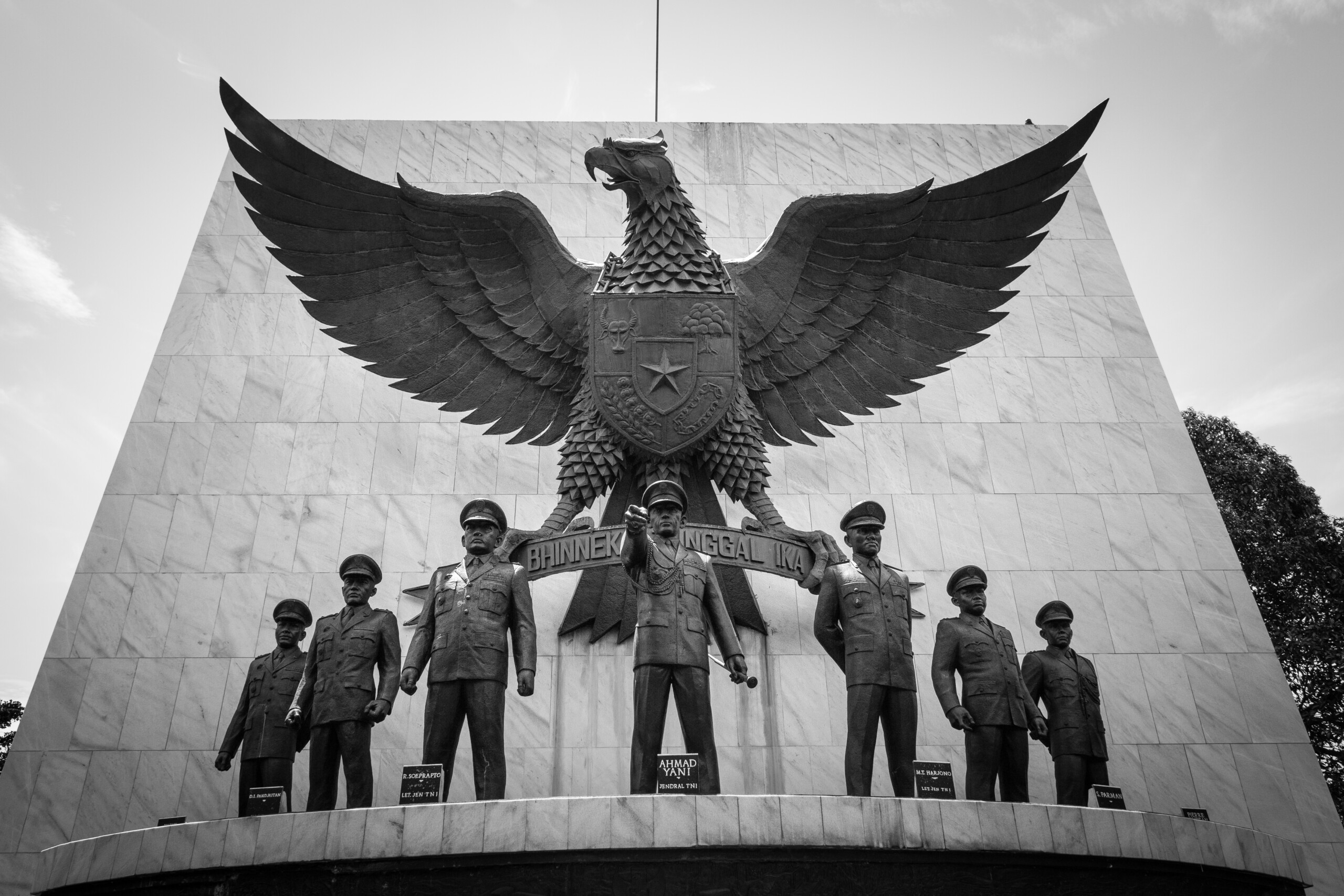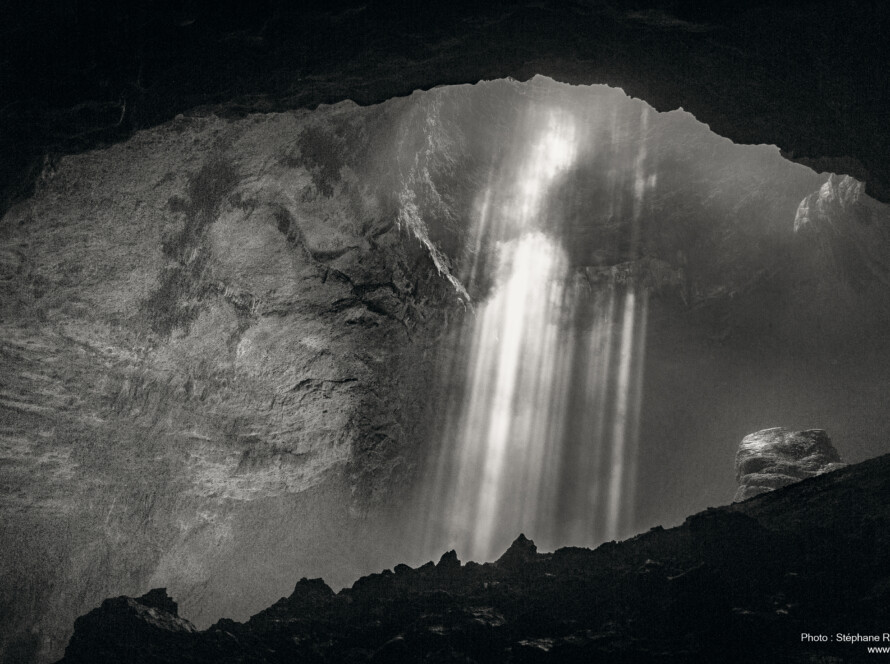Within Indonesia the mass crimes against humanity committed after the actions of the 30 September Movement on October 1 1965 are generally not classified as a genocide. Yet the IPT 1965 in its final judgement concluded that these crimes, committed by armed forces and militias controlled by them, fall within the criteria of the 1948 Genocide Convention. Article 2 of this Convention defines genocide as any of ‘five acts committed with intent to destroy, in whole or in part, a national, ethnical, racial or religious group.’ Usually the criteria of a ethnical, racial or religious group are used to define a massacre as a genocide. In Indonesia on the other hand the term genocide refers to the elimination of a ‘national group’, namely the communist and progressive family of the country, including staunch supporters of President Sukarno, teachers and trade unionists. The judges concluded that both the intent to destroy this national group as the means, namely a widespread vicious campaign of (sexual) propaganda are proven.
The Indonesian genocide counts as one of the largest genocides after the Second World War.
Around 1 -3 million people were murdered, hundreds of thousands were imprisoned, tortured and subjected to forced labour including sexual slavery. Uncounted others were purged from the military, the bureaucracy and the political sectors of society, as happened to my father. As a Sukarno loyalist he was purged from the 1966 session of the Provisional People’s Consultative Assembly (MPRS) in which Sukarno was removed from power.
The genocide was motivated by the desire for regime change. Both the army and the right wing Muslim forces nationally and western governments internationally wanted to replace the leftist, nationalist and hugely popular President Sukarno. The false propaganda spread by General Suharto and the ongoing genocide denial created the continuing persecution of the victims and their families.
The five acts as defined in the 1948 Genocide Convention include ‘killing members of the group, causing them serious bodily or mental harm, imposing living conditions intended to destroy the group, preventing births, and forcibly transferring children out of the group. Victims are targeted because of their real or perceived membership of a group, not randomly.’
The convention further criminalizes ‘complicity, attempt, or incitement of its commission.’
The Rome Statute adopted on 17 July 1998 includes the same stipulations. Although Indonesia has neither ratified the Genocide Convention nor the Rome Statute it is bound to recognise the acts stipulated therein. The Human Rights Law of 2000 (Nr. 26) adopted the regulations of the Rome Statute. Indonesia is also bound to accept the articles of the Genocide Convention, as these are part of international customary law and therefore ius cogens. This is reinforced by the ARSIWA (Articles on Responsibility of States for Internationally Wrongful Acts ), adopted in the UN General assembly Resolution 2001.
The judges considered the prosecution of cruel and unspeakable mass murders, of unjustifiable imprisonment and the subjection of many people in prison to inhumane and ruthless torture and to forced labor that might well have amounted to enslavement are well founded. They found it has also been demonstrated that sexual violence particularly against women was systematic and routine, especially during the period of 1965-1967.
Furthermore that many political opponents were persecuted and exiled, that many thousands of people who according to propagandist and hate discourse were thought not to support the Suharto dictatorship with sufficient fervour, forcibly disappeared.
All of this was justified and encouraged by propaganda aimed at establishing the false proposition that those opposed to the military regime were by definition grossly immoral and unspeakably depraved.
The national group in Indonesia that was destroyed consisted of the communist party, the PKI, and its associated mass organizations, the trade unions, farmer’s associations, the women’s organization, the cultural association and organizations of students and intellectuals. Particularly the cultural and academic sectors were hit hard and progressive people murdered or purged. Chinese people were also targeted for persecution, some because of their membership of the Chinese organization BAPERKI, others for their ethnic belonging. The murders, mass imprisonment, forced disappearances and purges resulted in the overthrow of the progressive President Sukarno and his replacement by the conservative General Suharto. It facilitated the brutal military regime of the latter which lasted until 1998. Till now important sectors of civil society, including the trade union and the farmers’ union, are weak. The women’s movement, which was destroyed in the wake of the association of young progressive women with sexual perversities is still struggling to find its former strength.


